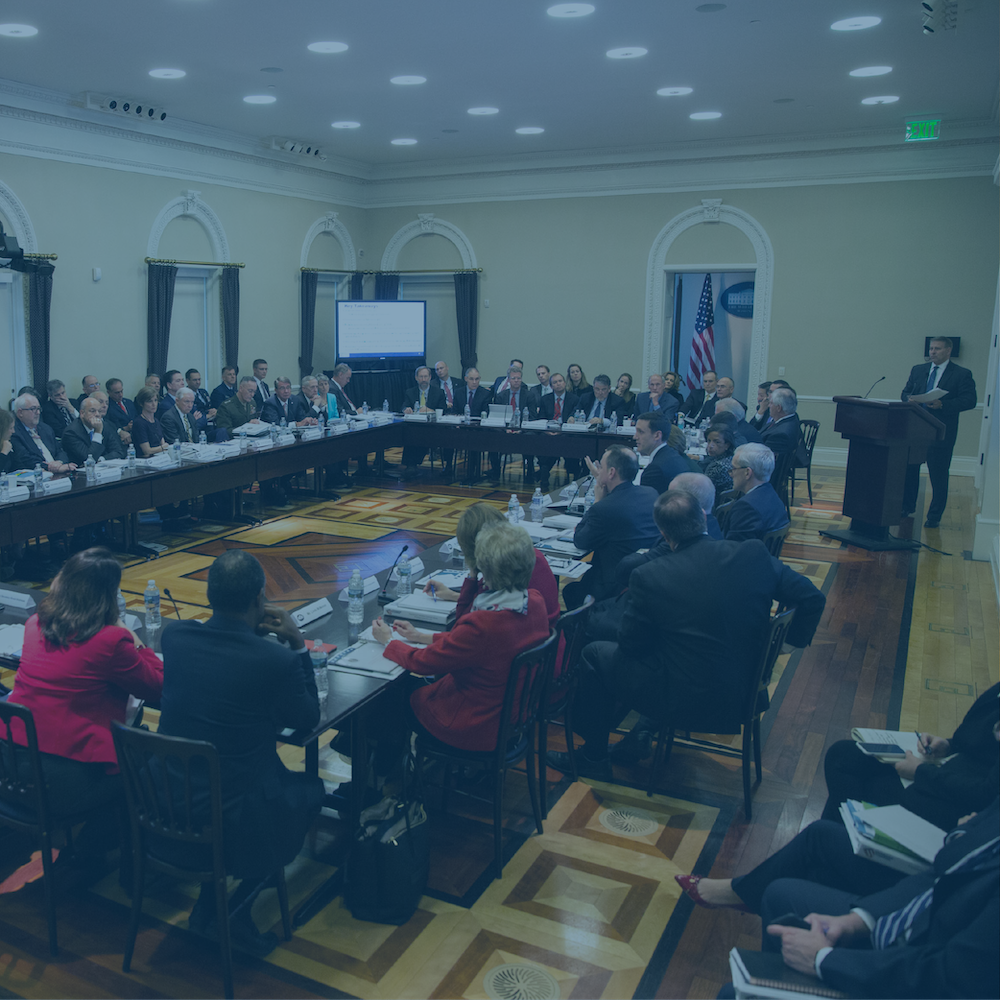Reports and Publications

2023 Presidential Transition Guide
The Center for Presidential Transition’s comprehensive guide on the activities required during the transition. This guide for the 2024 presidential election cycle was produced in collaboration with the Boston Consulting Group. It features detailed outlines of transition best practices, historical materials from past transitions, and recommendations for a successful presidential transition to a new or second-term administration.

2023 Agency Transition Guide
The Agency Transition Guide has been developed by the Partnership’s Center for Presidential Transition® and Boston Consulting Group, informed by conversations with federal leaders and other presidential transition experts. It provides lessons learned from past transitions at federal agencies and includes best practices and key decision points to help senior career executives lead successful transition planning efforts.

The States of Our Union
Modern presidents come into office promising national change in areas such as education, health care, immigration and infrastructure. To execute their agenda, their administration must coordinate across all levels of government. The Partnership for Public Service’s Center for Presidential Transition® and Deloitte created this resource to identify the practices that lead to effective collaboration, including how transition planning can help establish successful intergovernmental relationships.

Presidential Transitions are a Perilous Moment for National Security
History can provide lessons for future administrations to prepare for unforeseen crises.

Advice to Incoming Agency Leaders From Those Who Have Been There
Starting a new role midway through a president’s term has unique challenges; it can feel like relationships and processes are already established. To help new political leaders hit the ground running, the Partnership for Public Service’s Center for Presidential Transition® and the Boston Consulting Group interviewed about 15 current and former officials from across different administrations with top management experience in government. These officials shared reflections on their first few months on the job and offered advice to future political appointees.